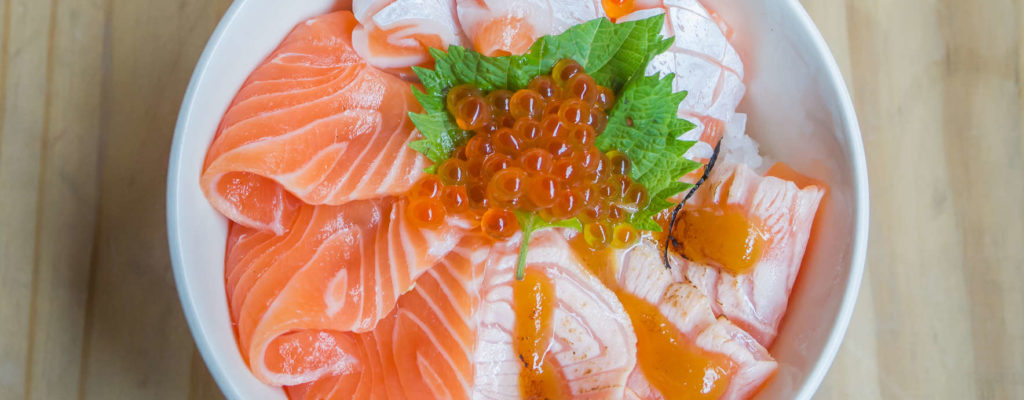
Fish is a rich source of protein for the body, also a source of a large amount of unsaturated fats, omega-3, iodine for humans and is especially necessary for pregnant women. However, some types of fish contain mercury, a substance that is very toxic to the body, especially for pregnant women. Therefore, choosing the right fish and eating the right amount of fish is something that mothers, pregnant women or women preparing for pregnancy should pay special attention.
How much fish should you eat?
As recommended by the US Food and Drug Administration (FDA), you should eat about 220g - 340g of low-mercury fish per week, that is, eat 2-3 meals containing fish per week. You should choose fish with low mercury concentrations such as salmon, tilapia, canned tuna, cod, ...
What types of fish should you avoid eating?
As recommended by the FDA, you should avoid eating 4 types of fish with the highest mercury concentrations, including: tilefish, swordfish, shark and mackerel.
In fishes, mercury exists in the form of methymercury, a methylated form of mercury, a neurotoxin that can paralyze the human nervous system.
Do you know the FDA's recommendations about fish?
You need to eat up to 340g (2 meals) per week of lower mercury fish and shrimp, crab, shellfish and mussels.
Five of the most common types of seafood low in mercury are shrimp, canned white tuna, salmon, pollock and catfish;
Another commonly eaten fish is albacore ("white") tuna that contains more mercury than canned white tuna. Therefore, when choosing two meals of fish and shrimp, crab, shellfish, and mussels, you can eat up to 170g (1 meal) of albacore tuna per week;
You should check local recommendations for the safety of fish caught by family or friends in local lakes, rivers and coastal areas. If there are no recommendations, you can eat up to 6 ounces (1 meal) of locally caught fish per week, but during the week you should not eat any other fish.
Follow the same instructions when giving your child fish and shrimp, crabs, shellfish, and mussels, but with smaller servings.
Should you take an Omega-3 supplement instead of eating fish?
Eating fish, in addition to supplementing with Omega-3, also provides the body with other essential nutrients such as unsaturated fat, protein, iodine, ... So, best of all, you should still use. fish. You can still eat fish while taking additional omega-3 to get the right source of omega-3 for fetal development.












